
- Date: Aug 18, 2022
- Category:
The healthcare sector has seen a few developments over the years. However, nothing has been more impactful on the industry than the advent of digital health. Wondering what that is? Well, it’s simple: It’s the use of communication and information technologies to improve existing medical practices.
In fact, studies have found that the global market share for digital health will go beyond $430.5 billion in 2022. Considering the industry’s success, several start-ups targeting this base have started to prop up over the years.
Want to learn about some of the top healthtech companies as of now? Let’s get into it!
1. Tempus
Founder: Eric Lefkofsky
Year of establishment: 2015
Headquarters: Chicago, Illinois
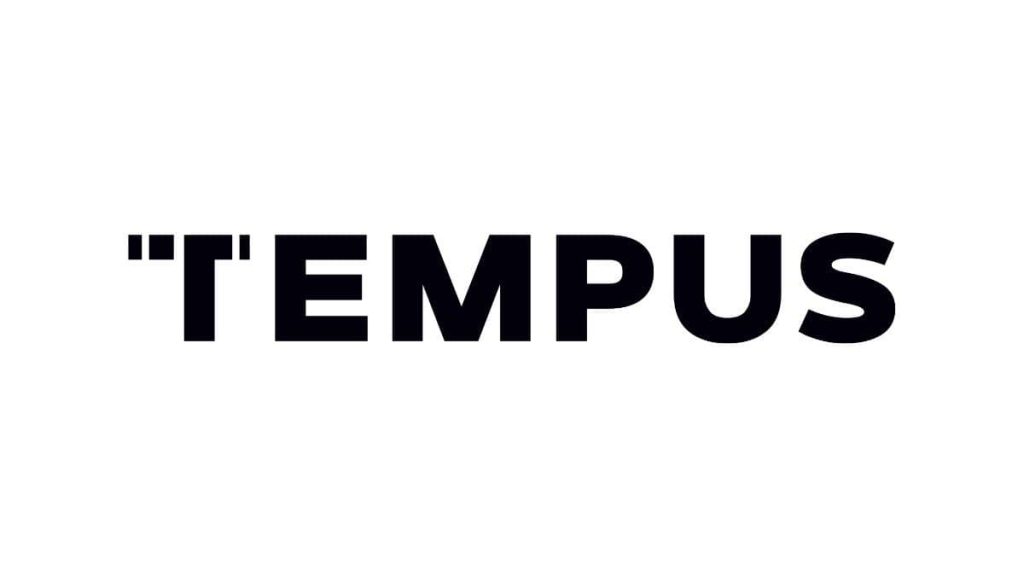
Tempus began with the goal of incorporating artificial intelligence and data science into the healthcare industry. Now, besides maintaining patient records and facilitating seamless test procedures, the organization also:
- Assists pharmaceutical and biotech companies in drug development
- Guides patients in finding optimal cancer therapy solutions
- Helps medical professionals make informed decisions through clinical studies
By leveraging deep research and employing efficient testing techniques, Tempus has managed to help thousands of patients find the correct clinical trials. Additionally, the company’s dedication to providing precision medication during the pandemic put it on CNBC’s Disruptor 50 list.
2. Flatiron Health
Founder: Nat Turner
Year of establishment: 2012
Headquarters: Broomfield, Colorado
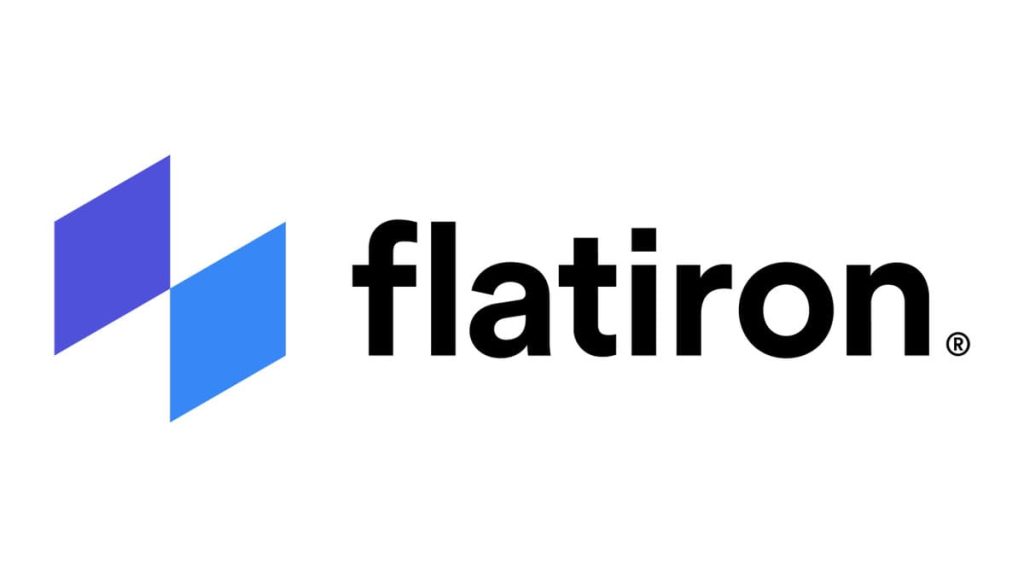
Flatiron Health is another one of the top healthtech companies, specifically focusing on improving cancer treatment technology.
In addition to collaborating with cancer centers and supplying them with cutting-edge medical apparatuses, the organization also seeks to:
- Strengthen cancer research through the application of real-world data
- Assist patients with oncology tests
Flatiron’s primary goal is to battle cancer by revolutionizing how medical professionals use technology in cancer treatment. In doing so, it helps to make each cancer patient’s story count.
3. Kyruus
Founder: Graham Gardner
Year of Establishment: 2010
Headquarters: Boston, Massachusetts
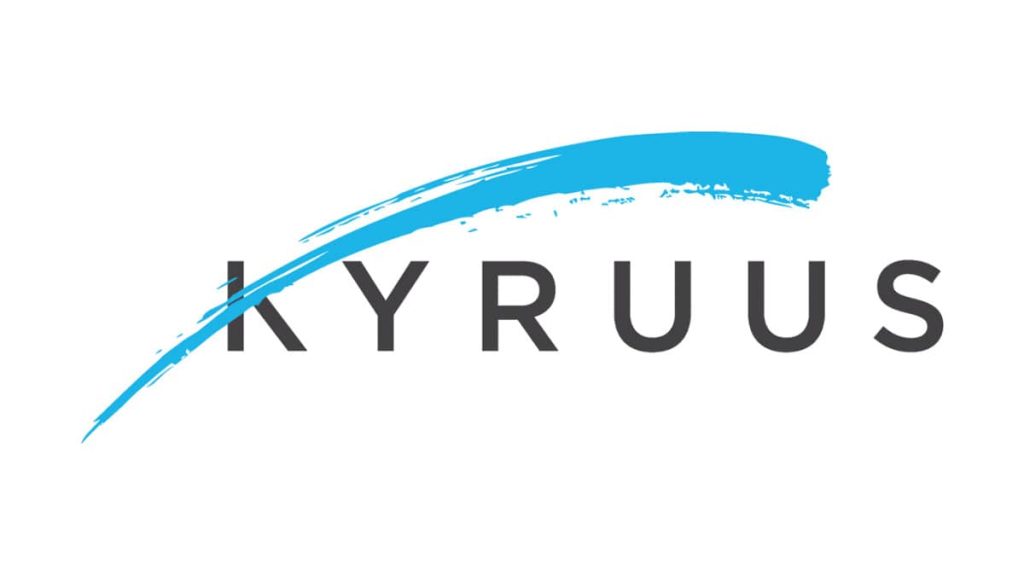
Kyruus is a SaaS platform that is geared toward optimizing the patient experience. Besides helping research medical service providers, the software enables individuals to book appointments seamlessly.
The organization’s core values can be summarized as listed below:
- Reduce the time that patients have to wait to receive medical attention
- Employ a multichannel approach that connects individuals with healthcare service providers
Considering the issue it addresses, it’s no surprise how popular the platform has become. As a matter of fact, Kyruus now connects around 300,000 medical providers with over 90 million members across the US.
4. VillageMD
Founder: Tim Barry
Year of Establishment: 2013
Headquarters: Chicago, Illinois
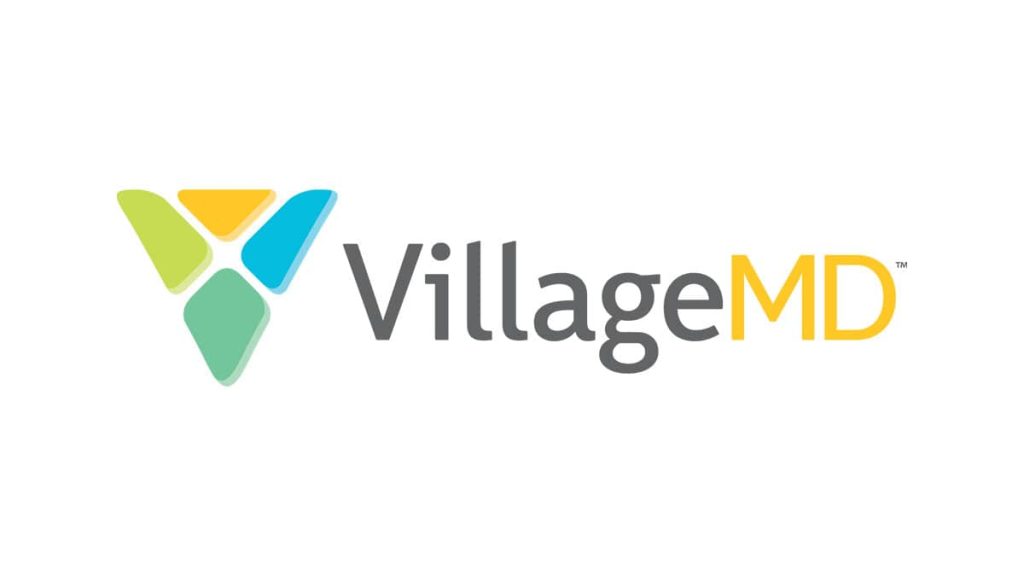
VillageMD aims to make comprehensive improvements to the existing global medical infrastructure, believing that ‘prevention is better than cure’. With this in mind, the company focuses on:
- Investing in primary care to prevent the frequent occurrence of chronic diseases
- Using technology to deliver community-based outcomes
VillageMD’s internal team works tirelessly to bring medical services to every locality. Now, the organization is looking at opening over 500 to 700 new doctors’ offices in collaboration with Walgreens by 2025.
5. Collective Health
Founders: Ali Diab and Rajaie Batniji
Year of establishment: 2013
Headquarters: San Mateo, California
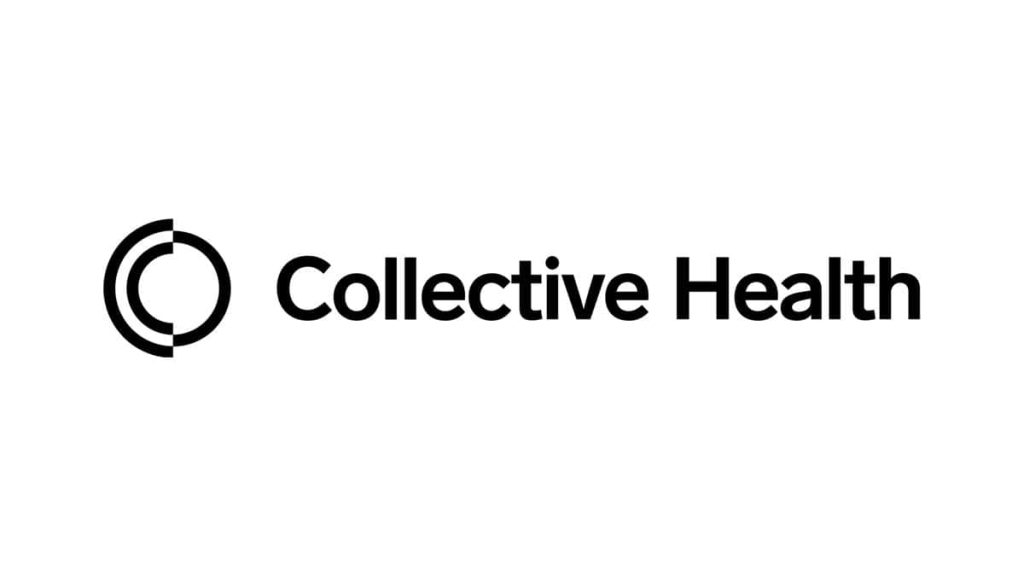
Collective Healthcare develops intelligent solutions to help US organizations provide better employee healthcare coverage.
Now, the company helps with:
- Outlining medical, pharmaceutical, and dental coverage
- Navigating patient advocacy
- Managing and covering financial expenses for patients
Valued at 1.5 billion in 2021, Collective Healthcare currently caters to approximately 300,000 clients across 55 prominent companies.
6. Rally Health
Founder: Grant Verstandig
Year of establishment: 2010
Headquarters: Washington, DC
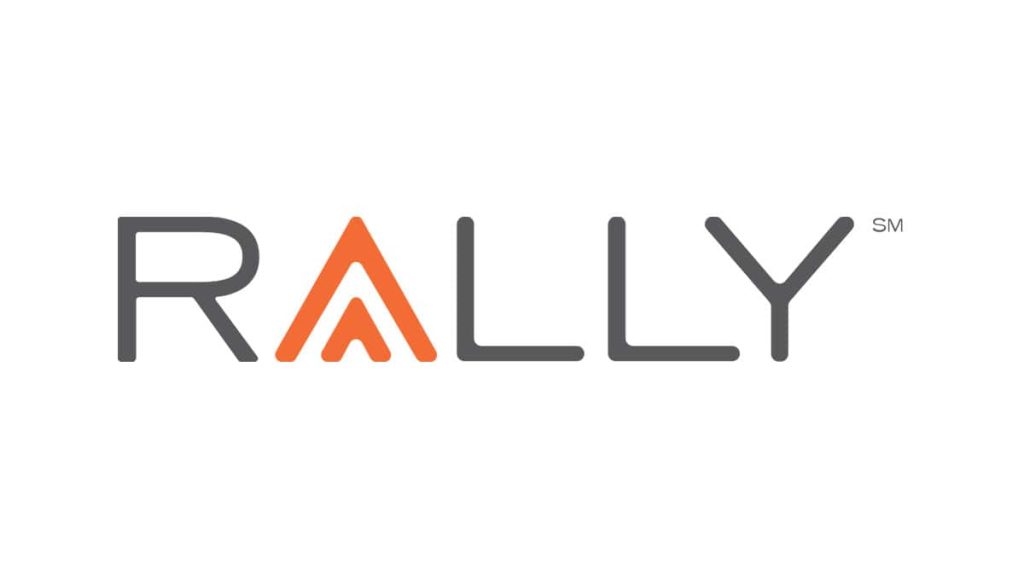
Rally Health is one of the top healthtech companies, which guides patients in outlining their medical plans and finding excellent service providers. The organization also conducts programs that:
- Educate individuals about general health and healthcare
- Help in creating personalized goals and giving recommendations
But that’s not all. Rally Health even hosts a reward system that incentives patients to manage their existing conditions. This creative approach to healthcare prompted the United Health Group to acquire the company in 2017.
7. Wellframe
Founder: Jacob Sattelmair
Year of establishment: 2011
Headquarters: Boston, Massachusetts
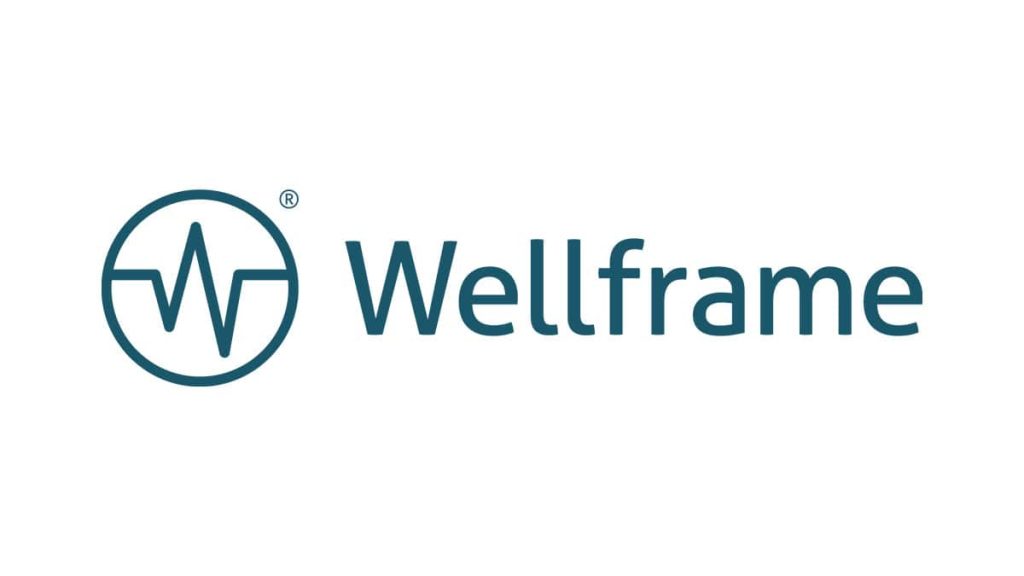
Wellframe began with the aim to organize better healthcare resources to match the needs of patients. They have developed mobile apps that are meant to:
- Provide patients with clinical and emotional support in crises
- Create a network of clinics and facilities to help patients find doctors easily
The company has grown to great heights and continues to serve patients all over the US.
8. Verge Genomics
Founders: Alice Zhang and Jason Chen
Year of establishment: 2015
Headquarters: San Francisco, California
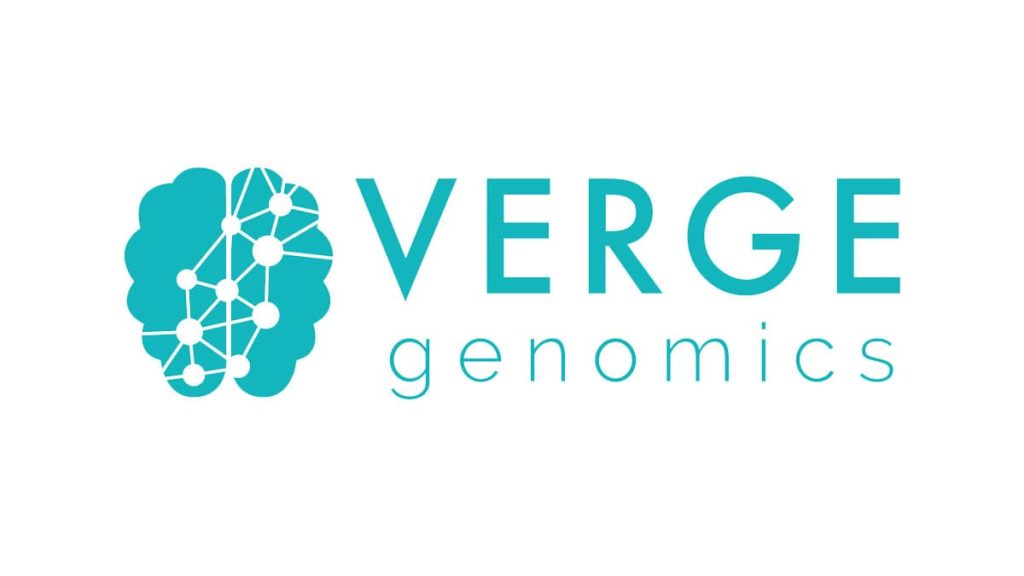
Verge Genomics relies on artificial intelligence to aid in the drug development process. Primarily focusing on neurodegenerative diseases, its standard research protocols involve:
- Collecting data from deceased patients
- Developing structured data sets based on the findings
- Using the information to carry out AI-based research for drug development
In 2021, the company secured a $98 million funding round from Merck and Lilly for its new ALS drug candidate.
9. Doximity
Founder: Jeff Tangney
Year of establishment: 2010
Headquarters: San Francisco, California
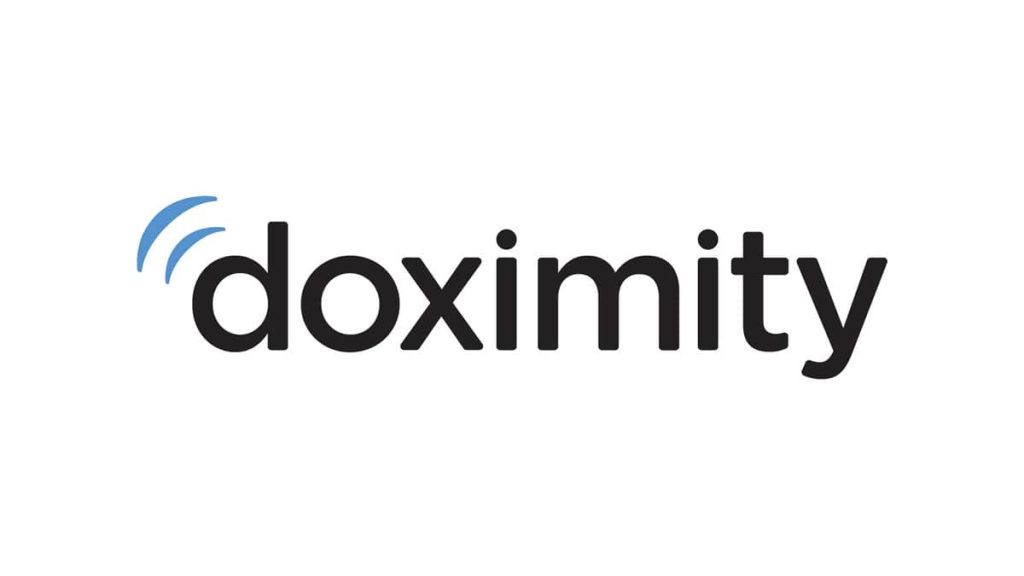
Doximity has created an online network that helps medical professionals connect with their peers. Even better, the network members get complete access to:
- Global medical news
- Comprehensive telehealth tools
- Collaborative programs on clinical cases
Looking to revolutionize online consultations, Doximity’s ultimate goal is to enable patients to get timely and proper medical attention.
10.Quio
Founder: Alex Dahmani
Year of Establishment: 2014
Headquarters: New York
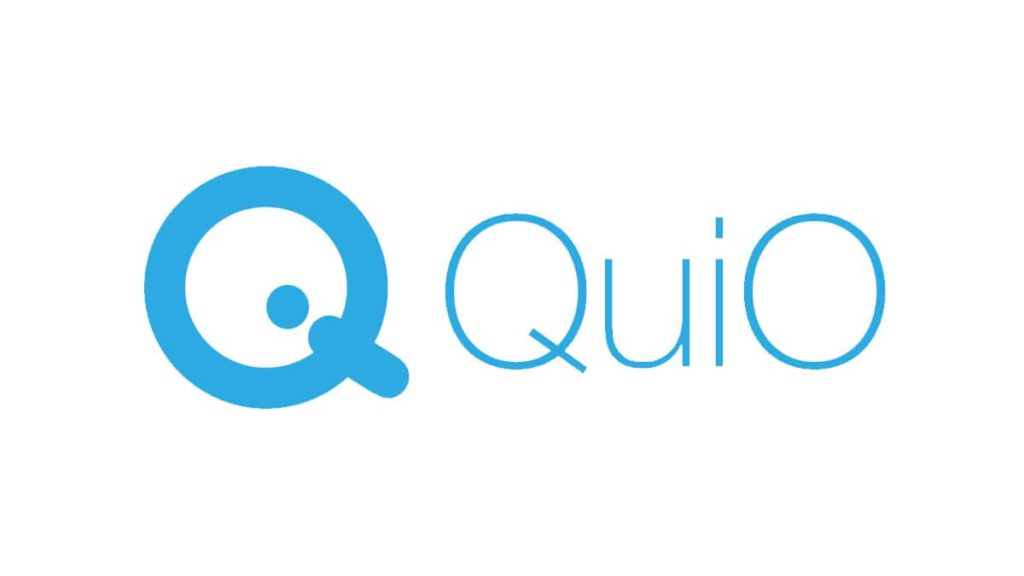
Quio works with healthcare providers to design and implement programs that provide streamlined treatment plans. The remote care platform is based on IoT systems that allow patients to:
- Track their medication
- Check their symptoms
- Assess their vitals
Better yet, Quio simplifies its systems to ensure universal access to the platform. And all of it can be done from the comfort of home.
11. PatientPop
Founder: Travis Schneider
Year of establishment: 2015
Headquarters: Downtown Santa Monica
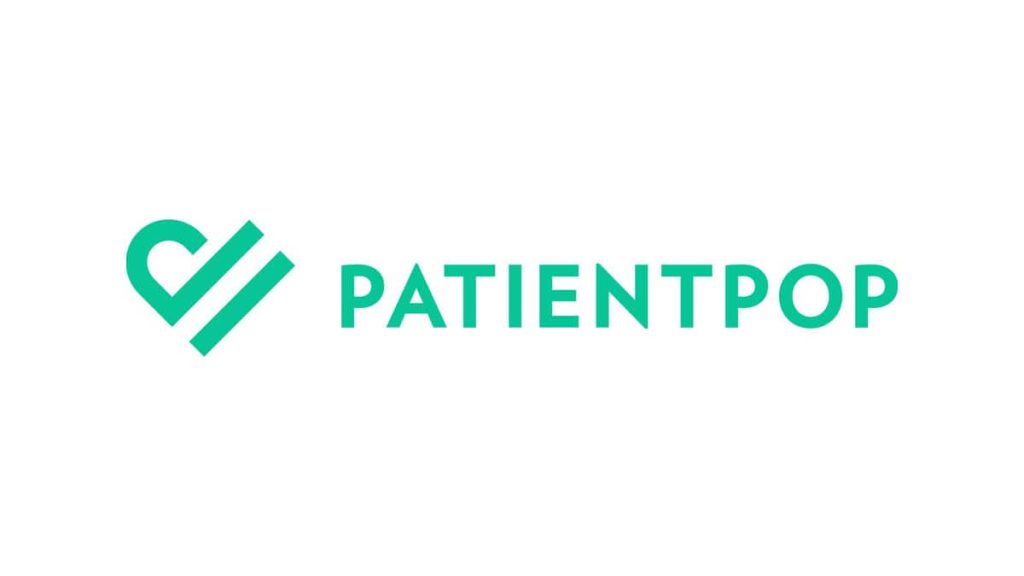
PatientPop focuses on continuous innovation to help medical practices thrive. The support platform assists doctors in growing their practice while simultaneously managing their online presence. In doing so, it enables to find excellent healthcare professionals easily.
As such, the core values behind the platform are:
- Depth of knowledge
- Diversity of thought
- Empathy for the patients
Simply put, PatientPop is quietly pushing the medical fraternity into being more inclusive.
12. Headspace
Founder: Andy Puddicombe
Year of establishment: 2010
Headquarters: Santa Monica, California

Headspace looks toward educating the youth on the benefits of healthcare. In a bid to deliver progressive and inclusive services, the application focuses on:
- Conceptualizing and hosting meditation and mindfulness programs
- Providing de-stressing programs to reduce the risk of specific diseases that occur due to behavioral patterns
Based on a subscription model, Headspace caters to individuals and business organizations alike. In fact, the app has seen over 62 million downloads in 190 countries. Even more astonishing is that the founders have managed to raise $170 million in venture funding.
Wrapping up
The top healthtech companies in the US are pushing the country forward. This advancement is apparent not just in the improvement of medical infrastructure but also in the growing inclusivity in the healthcare sector. Soon, there will come a time when everyone has access to effective treatment and the sole reason behind that will be how digital health has helped the industry grow.



